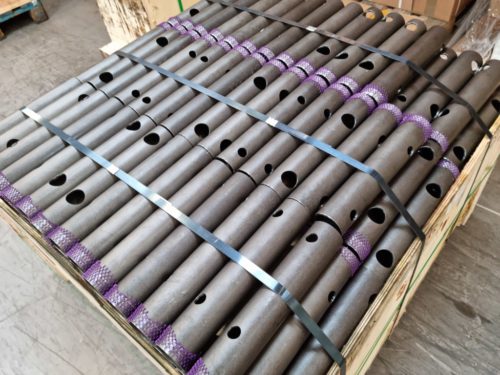Choosing the correct material for your components
Choosing the appropriate material for your components is vital to ensure that the product functions correctly; but the decision is not always easy and careful consideration is required.
There are numerous factors which can impact the overall decision.
Material Properties to look out for:
Tensile Strength
This is the simply the amount of force which can be applied to the material without it snapping. If the application of the component means it will come under stress, or significant force, then selecting a grade with higher tensile strength will offer more durability.
Machinability
Some materials may look great on paper when analyzing the chemical make-up; but if they then cannot be easily machined it could become problematic; especially on intricately designed components. A less machinable material may require specialist tooling; and increase the cycle time on the machine; which will add to the overall cost and lead time.
Weldability
If the components are part of an assembly which require welding operations, then the material needs to be of a suitable weldable quality. If you do still need to choose a material that is less weldable, it may require a specialist welder with more expertise to be able to complete this, which would come at an added cost. It may also take longer for the welding operation, again increasing the expense.
Ductility/Formability
A material with higher ductility can be more easily shaped; and a material which is less formable can’t be bent easily and will be prone to snapping.
Surface Finish
If your component part is on show, you may want it to have a more aesthetically pleasing finish. Some materials, such as stainless steel, offer more desirable finishes for higher end application. Sometimes, choosing a cheaper grade, but having an additional finishing operation such as powder coating, or plating, can still create the desired finish.
Cost
Although the parts themselves must function as required, sometimes the budget can sway the overall decision. Sometimes, selecting a lower grade material can offer very similar chemical composition and also be a cheaper alternative; without compromising on the overall quality and functionality.
Material Summary – Metals:
Cold Rolled Steels
 |
|
Stainless Steels
 |
|
Aluminium
 |
|
Copper
 |
|
Brass
 |
|
Material Summary – Plastics:
Polypropylene
 |
|
Nylon
 |
|
Delrin
 |
|

